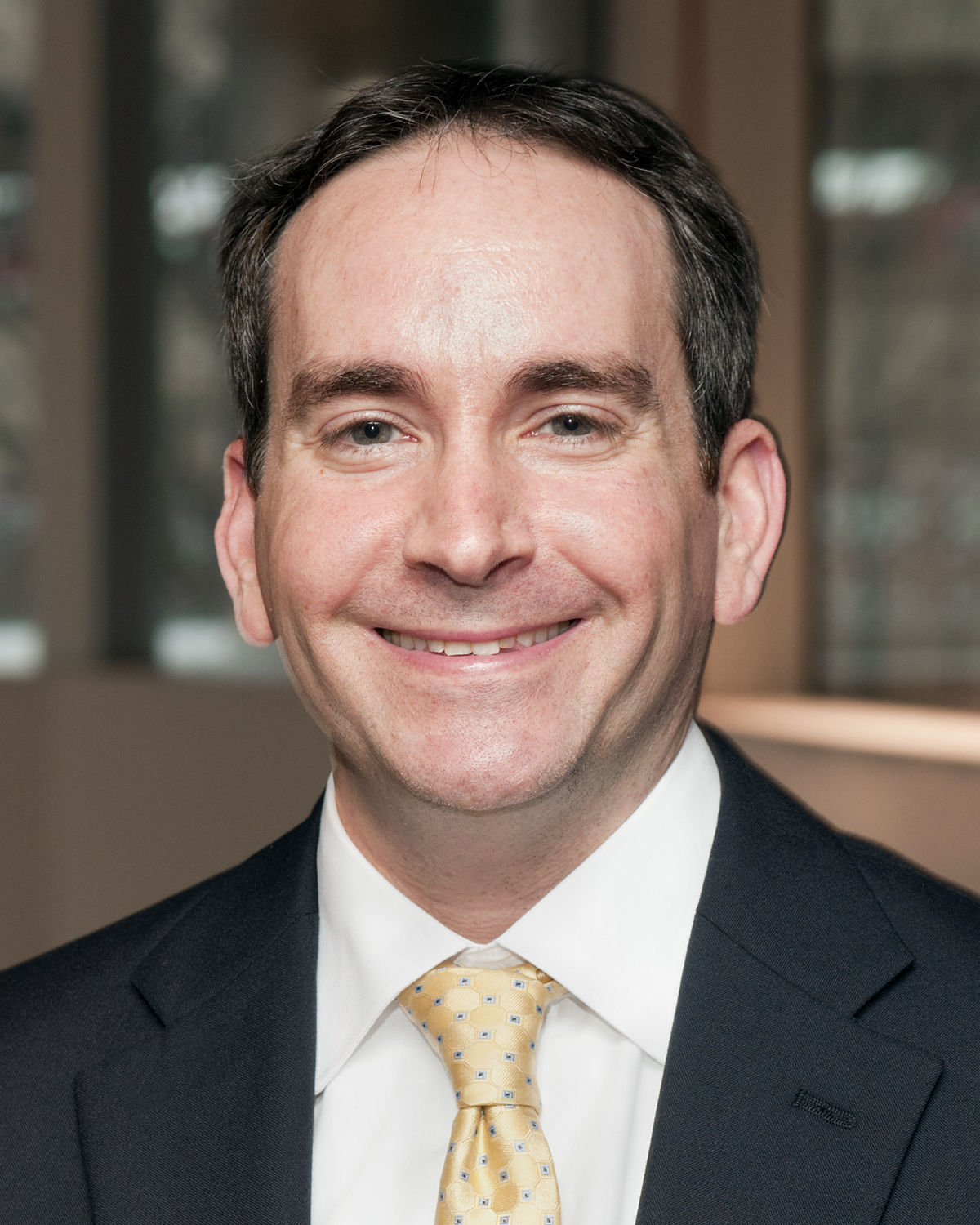Scott Glassman, Philadelphia College of Osteopathic Medicine – Shared Medical Appointments

You could be sharing your doctor during your next visit.
Scott Glassman, clinical assistant professor in the department of psychology at the Philadelphia College of Osteopathic Medicine, details how shared medical appointments are having positive effects for patients.
Scott Glassman, PsyD, is a clinical assistant professor of psychology and is associate director of the MS program in Mental Health Counseling and a consultant for the Department of Family Medicine at PCOM. He specializes in the integration of behavioral health into primary care settings.
Dr. Glassman teaches osteopathic medical students about patient-centered communication, and has developed patient-centered medical home programs at PCOM’s community-based healthcare centers, which serve as collaborative learning opportunities for PCOM’s psychology and medical students.
Among his other areas of focus are: primary care psychology, positive emotions in motivational interviewing, cognitive behavioral approaches and recovery-oriented models of patient care. He has lectured and authored extensively on the topic of motivational interviewing and its use in various settings.
Shared Medical Appointments

A growing number of primary care practices are adopting a more team-based approach to patient care, which empowers patients with the knowledge, skills, and support to help them better manage chronic conditions such as diabetes.
An example of this approach is the Shared Medical Appointment, or group visit, which combines education, peer support, and motivational interventions with the traditional primary care visit. The research on these appointments is promising; studies have shown a positive impact among patients on weight reduction, physical activity, nutrition, cholesterol and blood pressure. They’ve also been associated with reduced hospital admissions and emergency department visits.
The psychology and family medicine departments at PCOM have collaborated for the past two years on diabetes-focused group visits that also serve as an interprofessional training experience for our medical and psychology students.
These visits have served more than 60 patients with diabetes. During each visit, Psychology and medical students meet with each patient to discuss the physical and behavioral aspects of diabetes. By working together, using a communication style called motivational interviewing, students can better reinforce the importance of healthy diet, exercise, and medication adherence in managing diabetes.
After individual meetings with students, patients come together as a group for a discussion and to learn more about diabetes, where they are encouraged to ask questions and share management tips.
Surveys have shown our participants to be highly satisfied with this method; that they feel strongly cared for by their providers; and that they learned more than they would have during a standard primary care visit.
Read More:
http://www.pcom.edu/academics/programs-and-degrees/counseling-clinical-health-psychology/
http://www.pcom.edu/patients/healthcare-centers/


